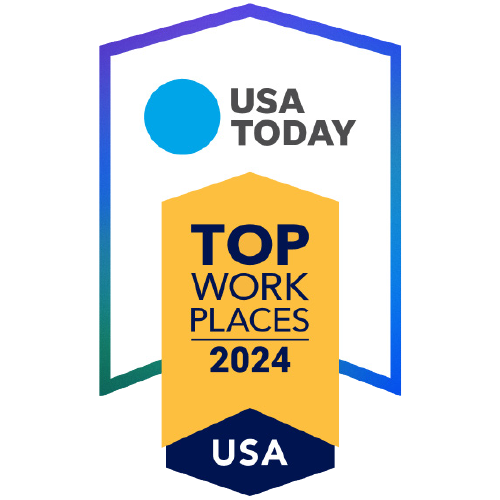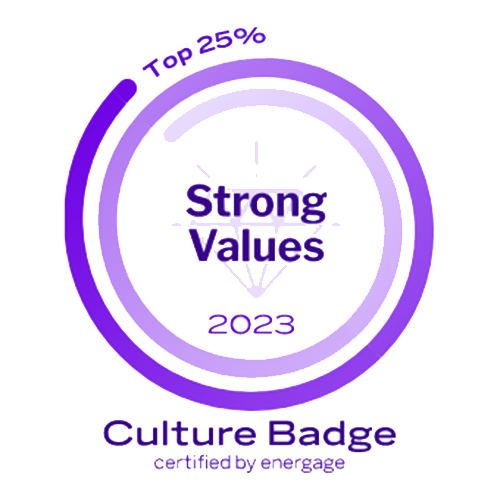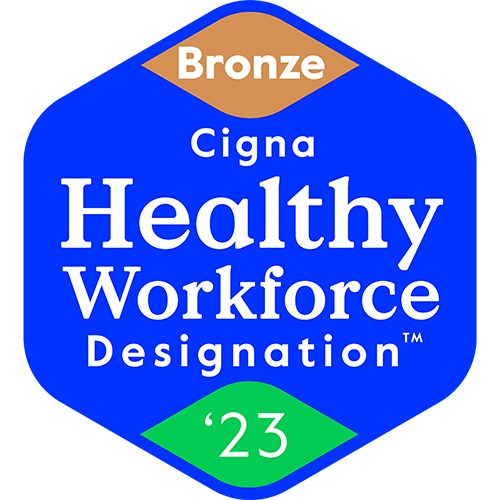As we welcome back in-person events, planners need a tactical approach to prevent the spread of illness. Being mindful of guests’ health and well-being isn’t new territory, but there are new federal and state regulations to consider — along with emerging trends. These best practices will help you to confidently plan your in-person events with safety at the forefront before, during and after your event.
Before your Event
Define your Safety Approach. The first step in establishing event safety protocols is to define your safety philosophy and approach. This should reflect your company’s overall safety policies and values, as well as external mandates. Use these guiding questions on page 4 of our ebook to help direct your discussion.
Determine your Safety Protocols. A pivotal component of in-person event safety today involves the implementation of health protocols required for attendees on-site. These protocols may include the COVID-19 vaccine, PCR testing, mask mandates, social distancing, contact tracing, temperature screening – or all the above. Depending on your event location, certain protocols may be pre-defined by the local government or individual event venue, so make note of what mandates are already in place before adding your own.
Negotiate Contract Changes. If you’ve recently begun the process of sourcing or contracting a location for an event, you know there are new clauses, regulations, and hotel rules that reflect current federal and state guidelines. Be on the lookout for items that may affect your plan and budget, such as food and beverage outlets, room service, and banquets. (i.e., can attendees pour their own coffee, or is an attendant required?) Be sure to also protect your company by including cancellation clauses for pandemics and epidemics. You’ll also want to confirm the hotel’s IT infrastructure is equipped to handle a remote attendee experience, if applicable.
Communicate. Communication is key to hosting a successful event and even more critical when promoting health and safety. Let your attendees know what to expect. This will allow them to be prepared and comfortable with the environment well before they arrive. COVID-19 policies constantly change, so it is best to communicate final health and safety standards 4–5 weeks before arrival. Online registration sites and mobile apps are optimal channels for outlining protocols and safety measures. Here you can also track pre-event headcount, ask what meals and sessions people plan to attend and create a location to upload a vaccination card, if applicable.
”Communication is key to hosting a successful event and even more critical when promoting health and safety.
During your Event
Think through Touchpoints. As a planner, you’ll need an on-site plan that clearly outlines standards and procedures to ensure peace of mind for everyone. This includes ground transportation, registration and hospitality desks, food & beverage, meeting spaces, and even on-site gifting. Common considerations include PPE supplies in each room, clear plastic shields, and six-feet social distancing standards. Tips and checklists for each touchpoint are provided in our eBook. Unbridled also recommends consulting with a third-party security specialist and a medical professional to develop a plan tailored to your event.
Leverage On-site Signage. Signage is an excellent way to reinforce your guidelines and create a safe environment for your attendees. When plotting your signage plan, consider the high-traffic areas of your event, as well as areas of hygiene. Also, work with your venue to coordinate and co-brand signage as necessary.
Prepare for the Unexpected. With new COVID variants and evolving government policies, even the best-laid plans can face unexpected changes while on-site. Assign an internal team member as a health & safety contact to give updates at each planning meeting. Define your contact tracing procedure and create a security & emergency action plan (EAP) that includes your quarantine process. Have a plan for different layouts or online options if the state of the pandemic changes, as well as a communication plan for alerting attendees and staff of any changes.
Go Hybrid. Hybrid events provide maximum accessibility by combining in-person meetings with online content. If you’re already planning to broadcast your general session or breakouts into different parts of the venue, consider taking things a step further by offering a remote viewing experience for attendees who can’t travel for the event. You can also pre-record presenters to create an even more robust slate of content. If breakout sessions are involved, consider assigning each attendee to their own consistent breakout room, keeping the contact between people more consistent. For more information on best practices for hybrid events, go to our hybrid event blog series.
After your Event
Stay in Touch. In addition to your standard post-event communications plan, continued contact tracing is key for at least 10 days after your event concludes. If an attendee displayed symptoms at the event or reports a COVID-19 diagnosis after the event, communicate potential exposure to the venue owner (if applicable), public health officials, staff, and all other attendees.
Share the Love. If you were unable to offer a hybrid or remote viewing experience, consider sharing archived content for post-event viewing. Videos of speakers from your event can be hosted on your company’s internal site, or on a virtual platform for convenient access at the viewer’s discretion.
Ask for Feedback. As we know, post-event surveys are a critical tool for measuring results and gathering attendee feedback on a variety of factors. Consider adding 1-3 questions related to your health and safety efforts. This feedback can prove invaluable to improving the attendee safety experience at your next event.
Final Thoughts
While in-person event safety can be complex, implementing it doesn’t have to be. As event planners, look forward to gathering more frequently in person, with safety, and without fear. And as an extension of your planning team, Unbridled is here to help you navigate this rapidly evolving territory. If you want more information or advice, don’t hesitate to reach out.










